The 2025 Forum on Building Beijing into a Global Fashion Capital concluded successfully at the National Convention Center Phase II. Co-hosted by Beijing Fashion Week Organizing Committee, Fashion Beijing magazine, and Tsinghua University’s China-Italy Design Innovation Base, the event centered on the theme “Openness Innovation Convergence: Forging an Internationally Competitive Fashion Hub”.
Attendees witnessed the historic release of the Beijing Fashion Capital Construction Initiative, China’s first comprehensive framework for fashion metropolis development. This milestone underscores Beijing’s transformation into a global consumption and cultural nexus.
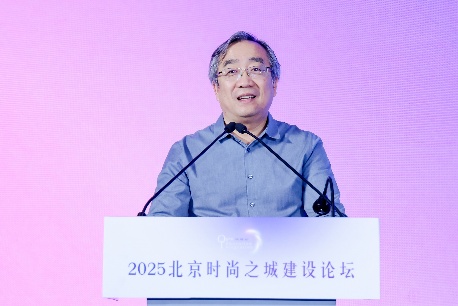
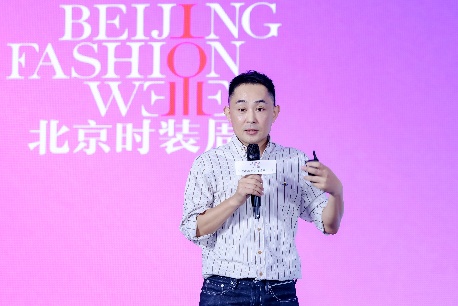
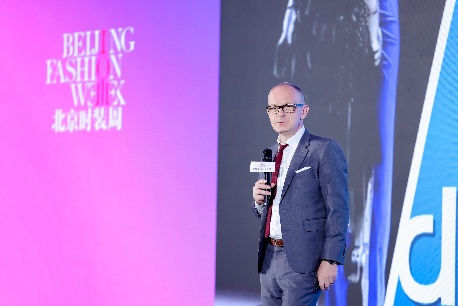
Keynote speakers included Yao Ke, Deputy Director of Beijing Municipal Commerce Bureau; Gu Weida, Beijing CPPCC Member and Chairman of Beijing Fashion Week Presidium; Yang Huasen, Deputy Party Secretary of Beichen Group; and Qin Chuan, Party Secretary of Tsinghua University’s Academy of Arts & Design.
Qin Chuan emphasized fashion as a "cultural vessel, innovation window, and urban language,” highlighting cultural roots as essential to groundbreaking design. He detailed Tsinghua’s strategy for industry-academia integration through global partnerships, with the China-Italy Base driving creative transformation of traditional aesthetics to foster world-class brands.
International experts explored Eastern aesthetics, digital innovation, and commercial transformation during in-depth sessions.
Professor Li Yingjun, Director of Tsinghua University’s Department of Textile and Fashion Design, presented “Continuity and Vision: Traditional Culture as Catalyst for Fashion Design.” His case studies demonstrated academia’s role in merging creative expression with social impact, advocating collaborative frameworks for an Eastern fashion ecosystem.
Simon Collins, Tsinghua Visiting Professor and former Dean of Parsons School of Design, analyzed Beijing’s competitive advantages in “Making Beijing a Leading Global Fashion City.” He proposed a triple strategy: establishing elite fashion platforms, creating designer incubators, and hosting international fashion spectacles to position Beijing as a creative hub.
Professor Li Wei of Tsinghua University spearheaded the panel “Eastern Aesthetics and Fashion Design: Global Pathways for Local Brands,” criticizing superficial applications of cultural motifs. “True Eastern aesthetics embodies humanity-nature harmony,” she stated, urging brands to develop unique aesthetic DNA beyond symbolic appropriation.
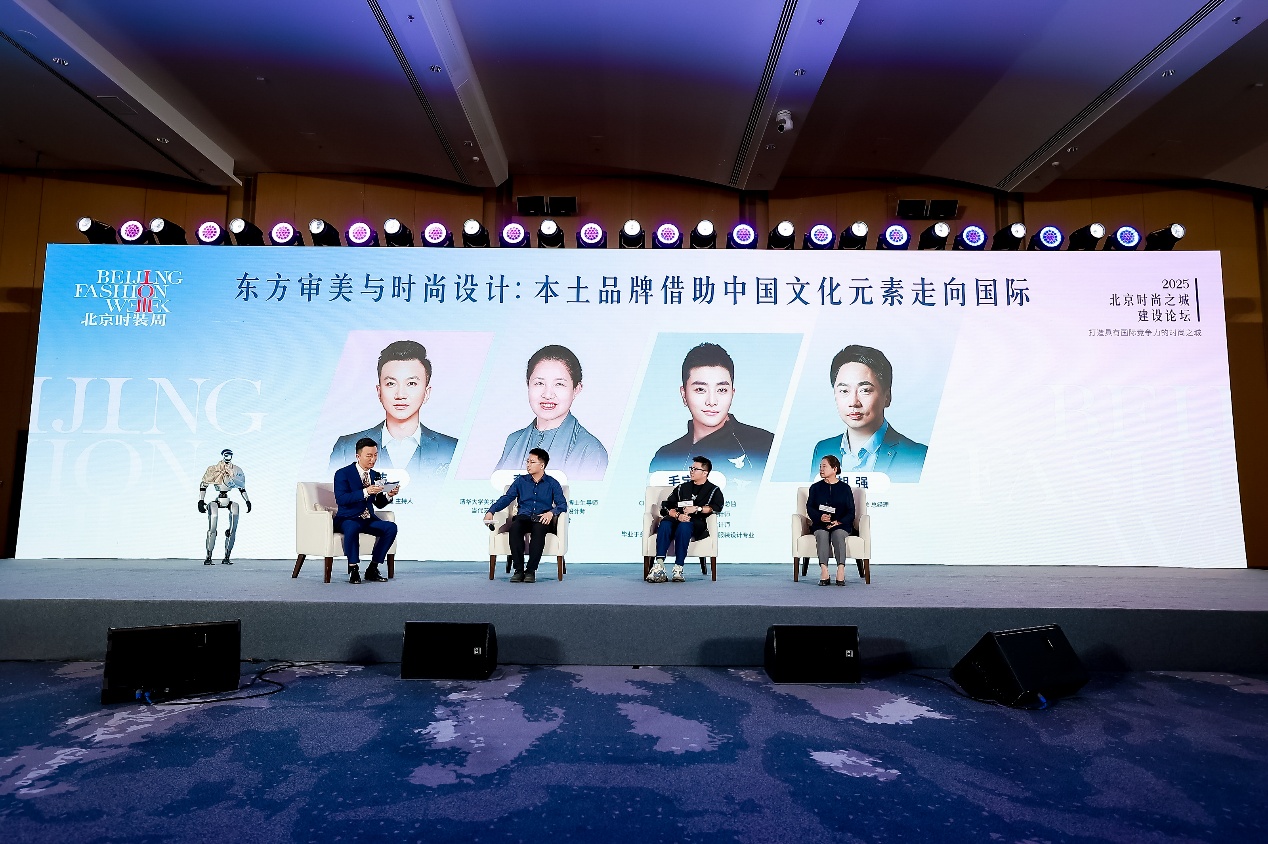
Industry and academic leaders unanimously called for deeper cultural excavation, advocating contemporary reinterpretations of heritage to revolutionize brand innovation and consumer experiences.
The forum solidified multi-stakeholder commitment to elevate Beijing from fashion consumption hub to global trendsetting source. Participants endorsed a future where openness and innovation showcase Chinese cultural vitality worldwide.
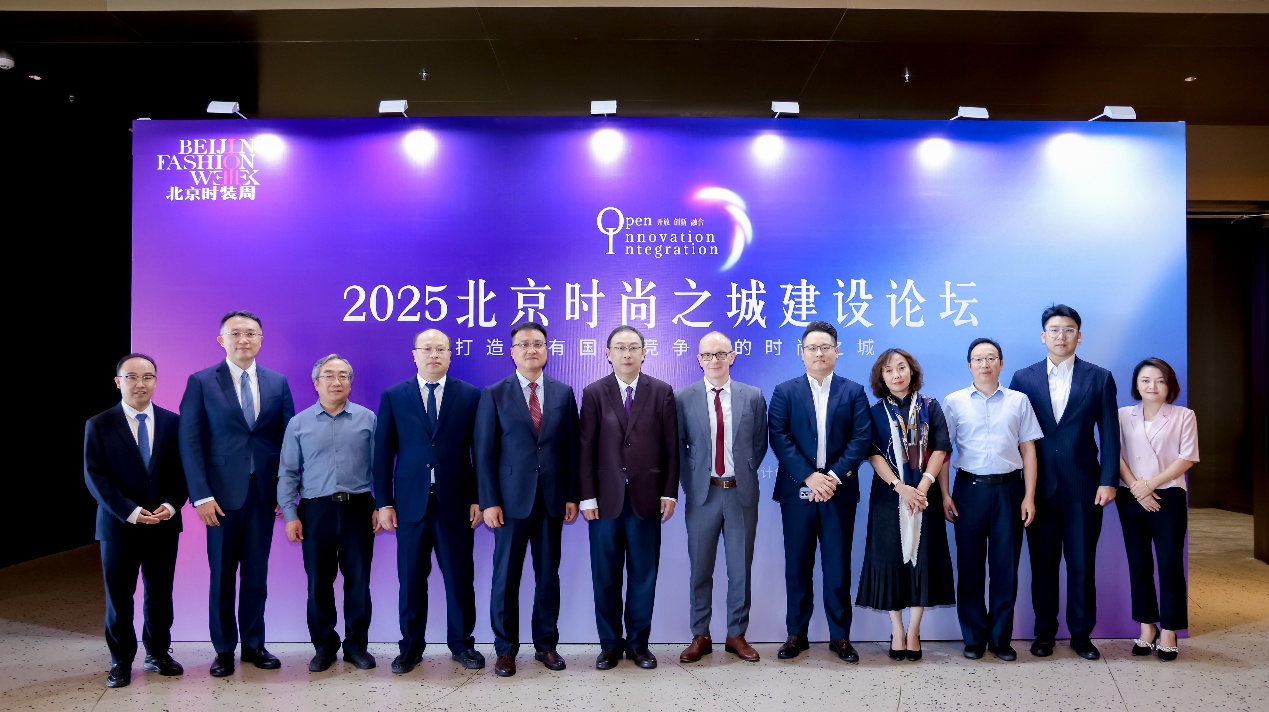
Group photo

